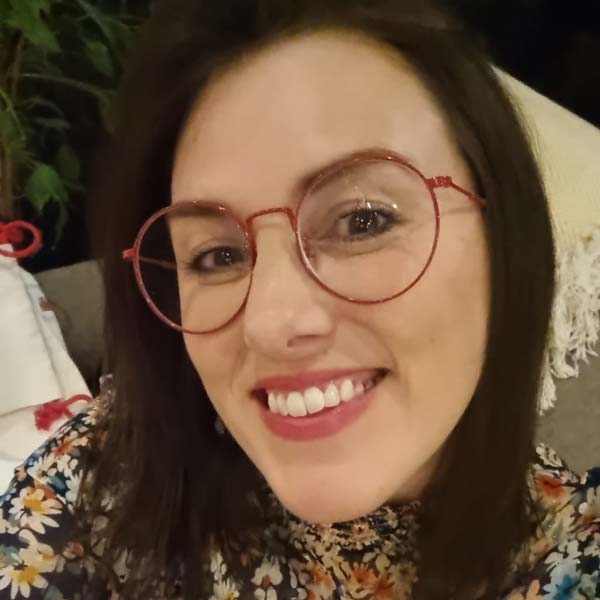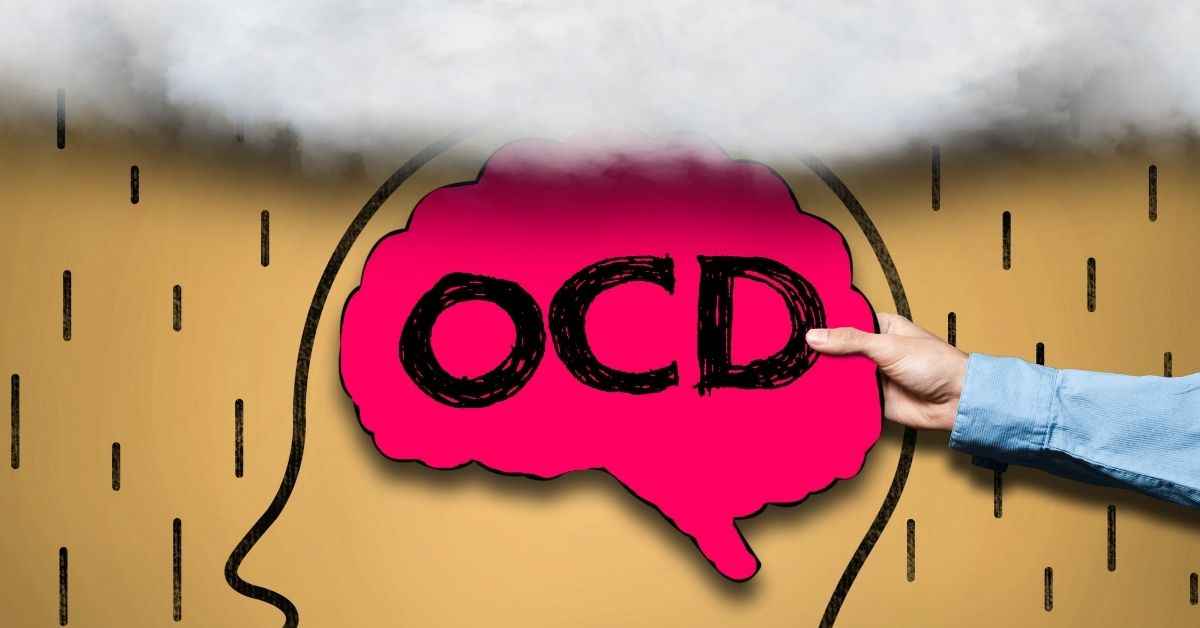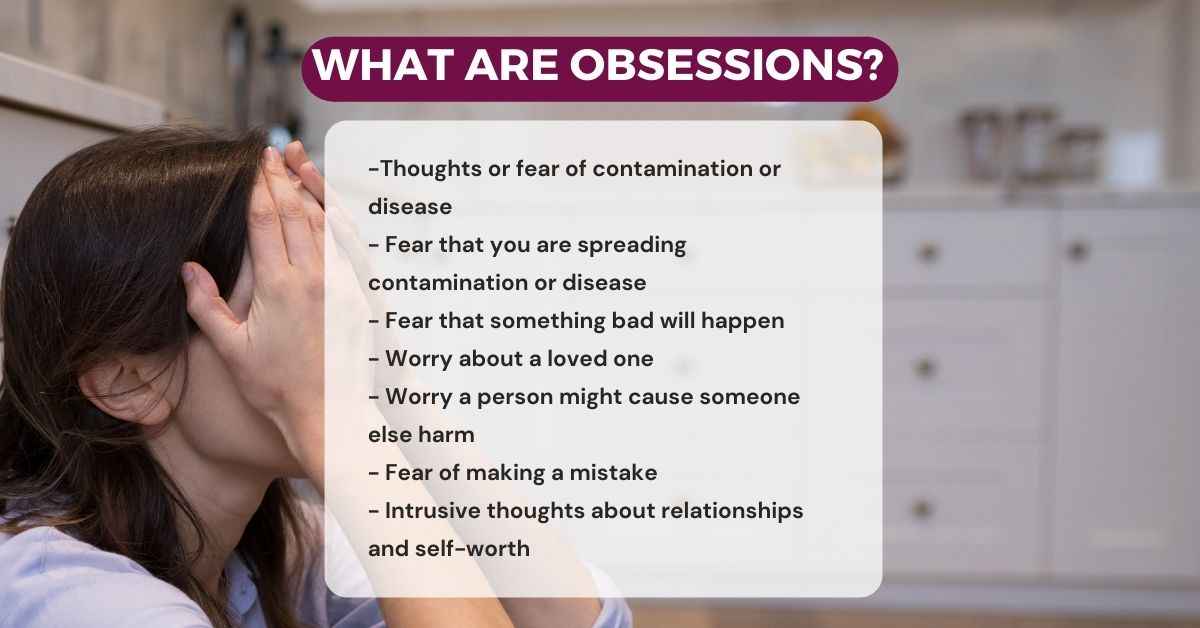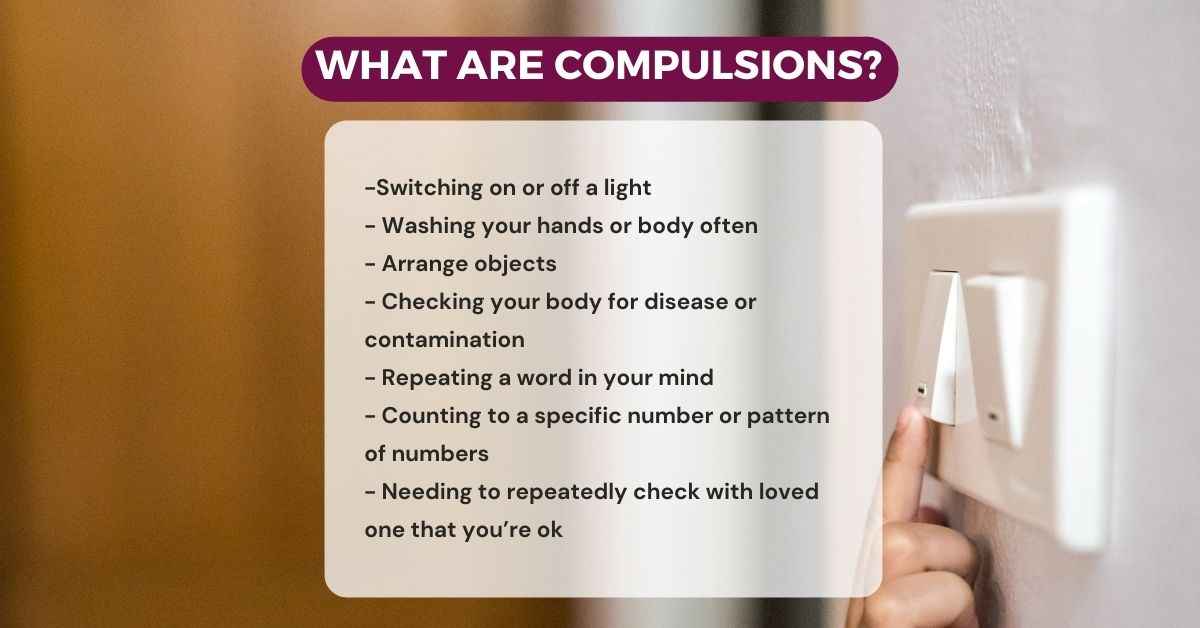Reviewed By Pamela Kirkpatrick - Senior Accredited NCS & Registered Member MBACP Adv. Dip.
I Have OCD - How Do I Get This Under Control?
31 August 2021
uHub Therapy Centre - BangorIn this blog, Cara Swanston answers an anonymous question on living with OCD.

Cara Swanson
Counsellor @ uHub Therapy Centre
Our Ask A Therapist section gives you a direct line to a local therapist who can offer advice or helpful tips for any of life’s difficulties. Whatever the question, send it to our therapists and we’ll do our very best to offer tips, tools and a line to local support. You can Ask A Therapist a question by Joining The Conversation at the bottom of this article.
“I have OCD and struggle to keep it under control. I’m scared to talk to people about it in case they judge me or don’t understand or think I’m a freak, which a lot of the time it feels like. I obsessively wash my hands and I’m worried about the cleanliness of items around me and the pandemic has made this worse. How do I get this habit under control?”
The power of positive self-talk
Firstly – be kind to yourself. Often when we have a habit or behaviour that we view negatively, we tend to beat ourselves up and berate ourselves. This only serves to make us feel more anxious and so the behaviour or habit often becomes worse. Remind yourself that YOU are ok and that if washing your hands is what you need to do to feel safe right now, then that’s OK too.
Once you feel safer, maybe the behaviour will lessen of its own accord. Positive and kind self-talk is so powerful and it’s a great place to start.

Understanding Yourself
For some people it can really help them when they better understand their challenges. They feel less alone, and they become less afraid and frustrated by their feelings and behaviours.
Keeping a journal or a daily record of your behaviour can help you understand the trigger points and why your OCD is connected to your fears or worries. Understanding OCD can also be a good first step in getting a handle on your relationship to your thoughts or habits.
What is OCD?
Obsessive-compulsive disorder (OCD) is a condition where a person experiences obsessive and compulsive habits and a strong urge to repeat activities or rituals.
OCD can bring on feelings of anxiety and fear, and repeating activities can cause a person to develop repetitive habits to try to control their anxiety. Even though a person might understand that their habits or thoughts are unreasonable, OCD can leave a person feeling helpless and alone.

What are “obsessions”?
Obsessive behaviour can be frequent and uncontrollable thoughts or repetitive activities. Obsessive behaviour can be thoughts, worries, doubts or images that happen frequently and bring on feelings of anxiety. For example:
- Thoughts or fear of contamination or disease
- Fear that you are spreading contamination or disease
- Fear that something bad will happen
- Worry about a loved one
- Worry a person might cause someone else harm
- Fear of making a mistake
- Intrusive thoughts about relationships and self-worth
What are “Compulsions”?
Compulsions are repetitive habits that form out of obsessive thinking that you have to do them and this can stem from wanting to deal with the anxiety caused by obsessive thinking. For example:
- Switching on or off a light
- Washing your hands or body often
- Arranging/rearranging objects
- Checking your body for disease or contamination
- Repeating a word in your mind
- Counting to a specific number or pattern of numbers
- Needing to repeatedly check with loved one that you’re ok

How does OCD affect a person?
Obsessions and compulsions can consume many hours of a person’s day and interfere with their ability to socialise and can affect a person’s employment or education.
When OCD is severe, the “avoidance” of controlling thoughts or behaviour can become as all-consuming as the behaviour itself. A person might avoid certain activities or occasions that might trigger their OCD and it can make it difficult for a person to do everyday activities, like eating or drinking.
OCD is often experienced with symptoms of depression or other anxiety disorders, including phobias, social anxieties, panic disorder or separation anxiety. OCD can be a debilitating condition when left untreated as people often isolated themselves from others out of fear or embarrassment.

How to help yourself
One of the most beneficial coping techniques for living with OCD is self-care and developing habits that can help you delay the need to perform compulsive habit or can bring you peace of mind.
When you experience obsessive thoughts or compulsive behaviour, distracting yourself can help you change your thought pattern by replacing habit with something that interests or stimulates you. Developing hobbies, such as walking, exercising, arts and crafts, reading or cooking, can help.
Some things that can help with anxiety and anxious behaviour include breathwork exercises, EFT (Emotional Freedom Technique), and self-guided CBT.
Self-care can be a helpful way of developing positive habits that nurture yourself at the same time as providing relaxation. Mindful activities and getting a good night's sleep can calm the mind substantially and bring greater feelings of contentment and relaxation, which can lessen impulsive behaviour.
Here are some supportive tips for those who suffer from OCD:
- You're Not Alone: First and foremost, remember that you're not alone in this journey. Millions of people worldwide live with OCD, and many successfully manage their symptoms.
- Be Kind to Yourself: OCD can be distressing and frustrating. Be gentle and patient with yourself. Remember that you're doing your best to manage a challenging condition.
- Educate Yourself: Understanding your condition is empowering. Learn as much as you can about OCD to demystify it and reduce the fear associated with obsessions and compulsions.
- Practice Self-Compassion: Treat yourself with the same kindness and understanding you'd offer a friend facing similar challenges. Negative self-talk only makes things harder.
- Set Realistic Goals: Recovery from OCD is a process. Set small, achievable goals for yourself and celebrate your victories, no matter how minor they may seem.
- Talk About It: Share your experiences with trusted friends and family. Opening up can help you feel supported and reduce the stigma often associated with mental health conditions.
- Support Groups: Joining an OCD support group can be incredibly comforting. Meeting others who understand your struggles can provide a sense of belonging and encouragement.
- Mindfulness and Relaxation: Practice mindfulness techniques and relaxation exercises to manage anxiety and stress. Deep breathing, meditation, and progressive muscle relaxation can help.
- Routine: Establishing a daily routine can create a sense of stability and predictability, which can be comforting for people with OCD.
- Limit Alcohol and Caffeine: These substances can exacerbate anxiety and OCD symptoms, so consider reducing or eliminating them from your diet.
- Identify Triggers: Keep a journal to identify triggers and patterns in your OCD symptoms. Understanding your triggers can help you develop coping strategies.
- Stay Connected: Maintain social connections even when OCD makes you want to isolate. Connecting with loved ones can provide emotional support.
- Remember Progress Takes Time: Recovery from OCD is not instantaneous. It's a gradual process, and setbacks are normal. Be patient with yourself and keep moving forward.
- Celebrate Small Achievements: Recognize and celebrate your small victories. Every step you take towards managing your OCD is a significant accomplishment.
OCD does not define you, and there is hope for improvement. With the right support, coping strategies, and professional guidance, you can learn to manage your symptoms and lead a fulfilling life. You are stronger than your OCD, and there are people who want to help you on your journey to recovery.
Seek Professional Help
If you feel these things don’t help it may be useful to consider talking therapy or CBT. There are plenty of local organisations that can offer this support. OCD is highly treatable, and there's no shame in seeking help from a therapist or psychiatrist. They can provide effective therapies and, if necessary, medications to alleviate your symptoms.
Sometimes people feel that because they had therapy in the past and that it maybe didn’t help, that they don’t want to pursue that avenue again. There are so many types of therapy and therapists, and you can explore local therapy or counselling providers in your area.
It's a bit like your hairdresser or mechanic, sometimes you need to try a few different therapists to see what works best for you.
Organisations - Counselling & Therapy
Helplines
We believe in the power of sharing!
We want to encourage everyone to get involved!
Did you know that you can Ask A Therapist a question? You can also have an impact by submitting a helpful resource, video, insightful advice, or an anonymous "My Experience" article to help people feel less alone.
* All content will be reviewed by a Mental Health or Topic expert to ensure your submission is appropriate for upload
Join The Conversation
You can Get Involved in many ways here at Find Help NI. We want to ensure we are creating content that our users find helpful.
Featured Organisation
Local
uHub is a counselling service with a multi-disciplinary approach to emotional health and well-being. We provide a safe and confidential environment where feelings can be explored. We work from an integrated approach, psychodynamic/person centred which we tailor to meet the needs of each individual so they can get the best possible service and experience from their counselling.
Get Inspired Further
Teens, Social Isolation & Screentime
As parents we want the best for our children, and we can spend a huge proportion of our time worrying about what they are doing especially when it comes to screen time and shutting themselves away in their bedroom.
mindfulness beginner advice
Mindfulness is the foundation of self-compassion.
10 self care tips for men
As a counsellor I spend time exploring with guys what self-help might look like and especially practical tools that can be used daily.




